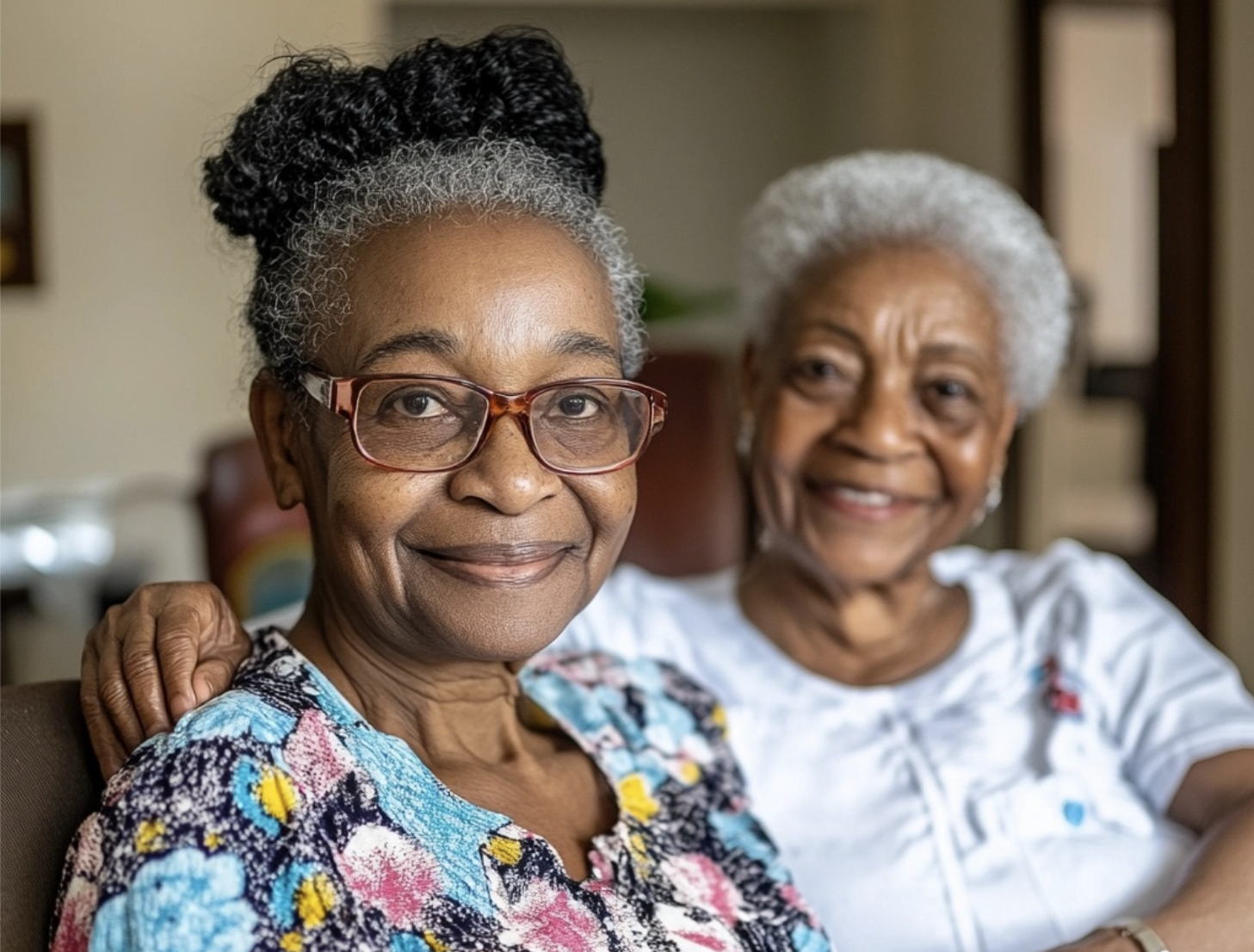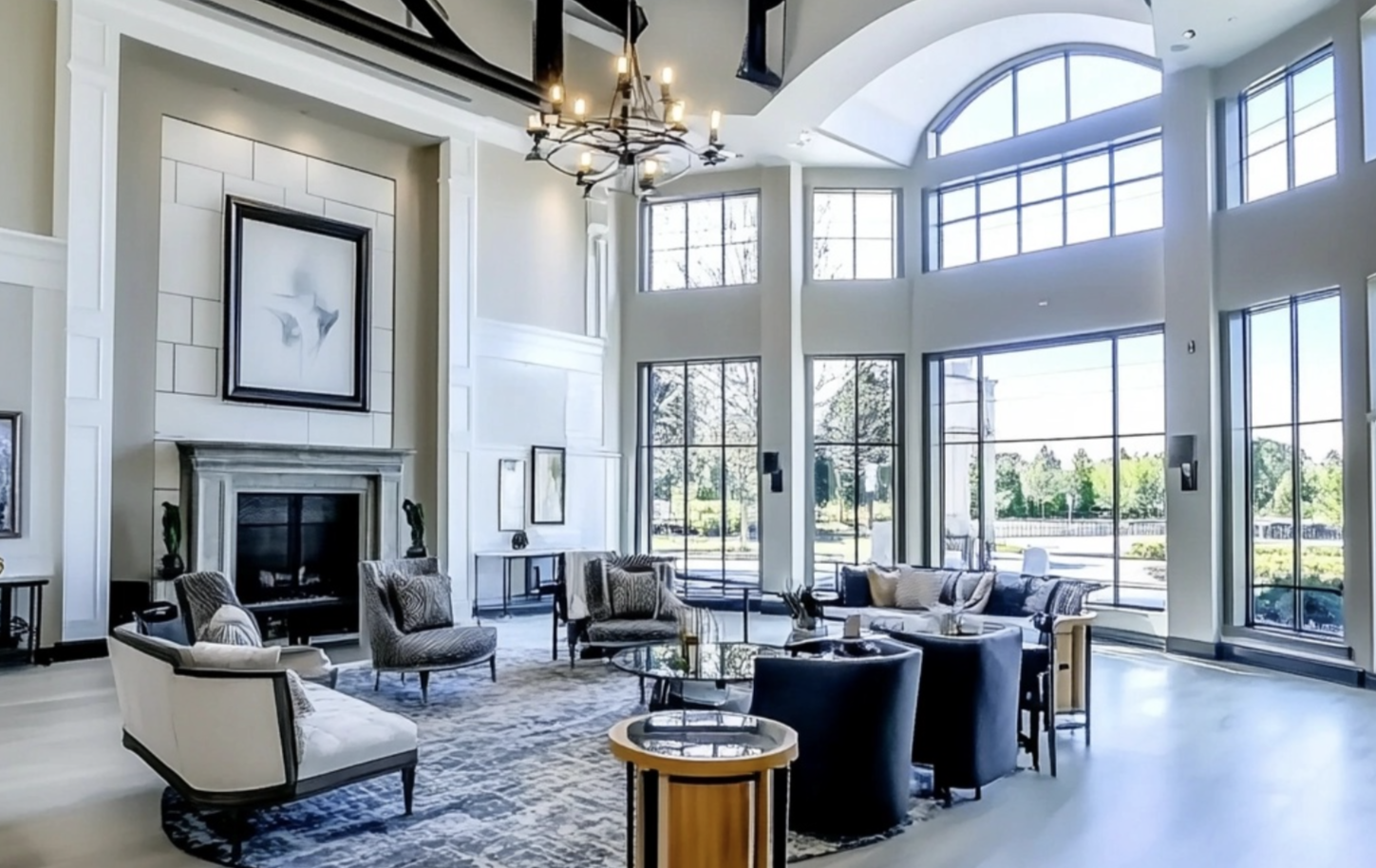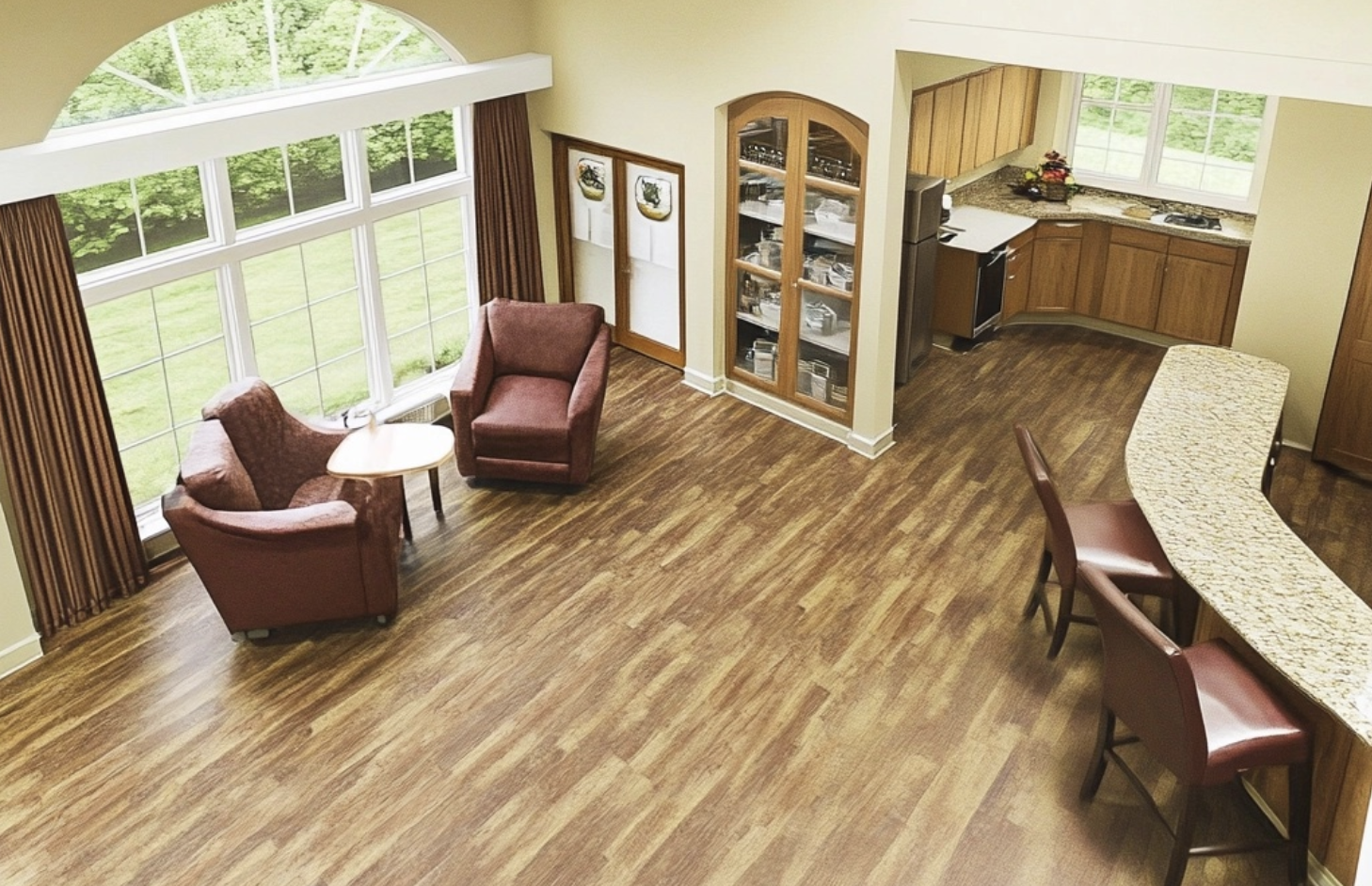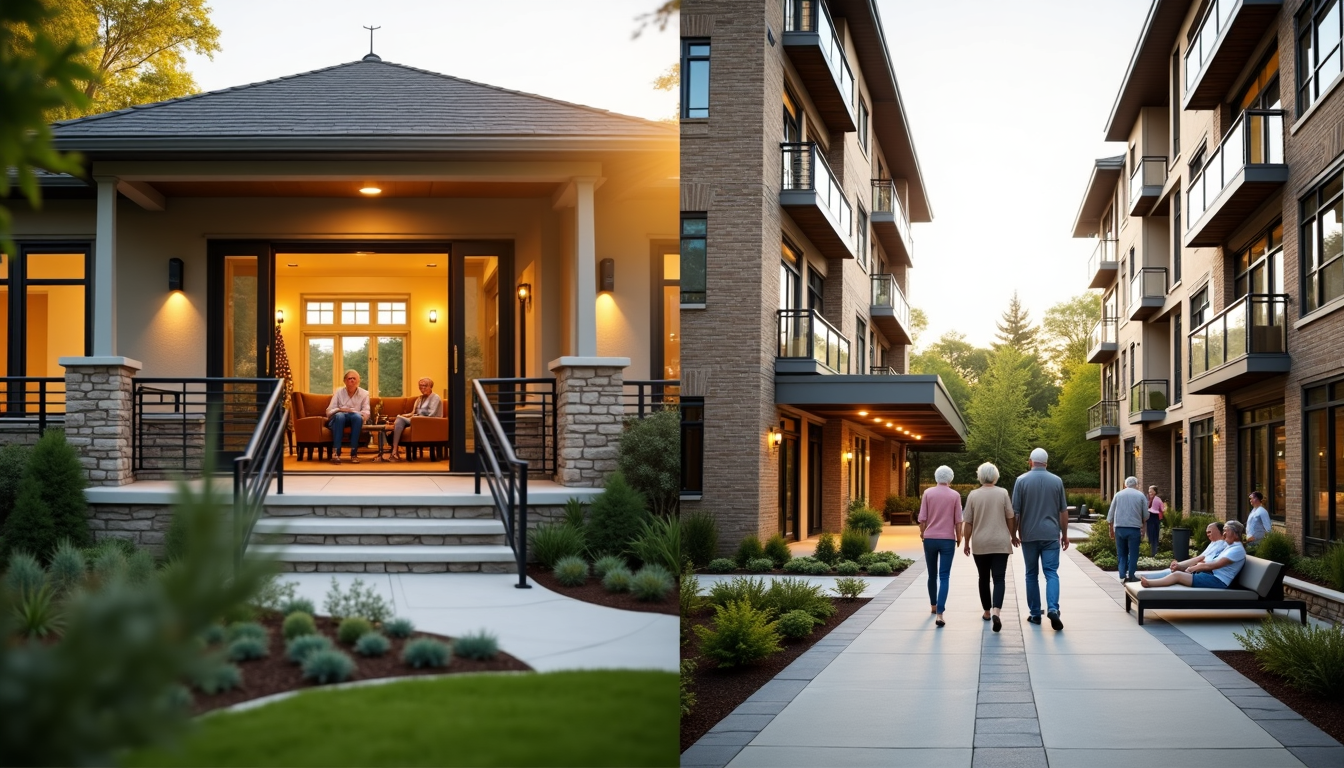Navigating Options and Overcoming Challenges
As our loved ones age, finding the right care becomes a top priority. For African American families, this journey often comes with unique considerations. Understanding the unique needs of black elderly is crucial when considering assisted living options. This guide aims to provide you with valuable insights, resources, and recommendations to help you make informed decisions about assisted living for African American seniors.
Unique Considerations for African American Senior Citizens in Assisted Living
African American senior citizens often face specific challenges when transitioning to assisted living facilities. These challenges stem from a combination of historical, cultural, and economic factors that shape the experiences of black elderly in long-term care settings.
Representation and Cultural Sensitivity
One of the most significant concerns for African American seniors is the lack of representation in assisted living communities. Despite making up about 9% of the population over 65, African Americans account for only 4.9% of residential care community residents. This underrepresentation can lead to feelings of isolation and a lack of cultural understanding within these facilities.
To address this, many families seek out culturally sensitive care options that honor and respect the unique experiences of African American elders. These facilities often offer:
- Diverse staff representation
- Cultural competency training for all employees
- Celebration of African American holidays and traditions
- Soul food and traditional cuisine options
- Partnerships with local African American churches and community organizations
Health Disparities and Care Needs
African American seniors often face higher rates of chronic conditions such as diabetes, hypertension, and heart disease. When choosing an assisted living facility, it’s crucial to ensure that the staff is well-equipped to address these specific health concerns and provide culturally competent care.
Family Dynamics and Community Support
In many African American families, there’s a strong tradition of caring for elders at home. The decision to move a loved one into assisted living can be emotionally challenging and may even be viewed as going against cultural norms. However, it’s important to recognize that assisted living can provide a level of care and support that may not be possible at home, especially for seniors with complex medical needs.
Top Black Retirement Communities Across the United States
Black retirement communities offer culturally sensitive environments that cater to the needs of African American seniors. Here are some reputable facilities known for their commitment to serving the African American community:
- Atria Glenridge (Atlanta, GA)
- Offers a vibrant community with a focus on African American culture
- Regular events celebrating Black history and achievements
- Partnerships with local Black-owned businesses for services and entertainment
- Brookdale Senior Living (Multiple Locations)
- While not exclusively for African American seniors, many Brookdale communities have strong diversity initiatives
- Cultural competency training for staff
- Tailored activities and meals to reflect residents’ cultural preferences
- Serenity Gardens (Houston, TX)
- Specializes in memory care for African American seniors
- Staff trained in culturally-specific approaches to dementia care
- Regular family involvement in care planning and cultural activities
- Harmony at Brentwood (Brentwood, TN)
- Known for its inclusive environment and diverse resident population
- Offers soul food options and celebrates African American cultural events
- Strong connections with local African American churches and community groups
- Sunrise Senior Living (Multiple Locations)
- Implements diversity and inclusion programs across their communities
- Offers personalized care plans that take into account cultural preferences
- Regular cultural sensitivity training for all staff members
When considering these or other facilities, it’s essential to visit in person, speak with current residents and their families, and ask specific questions about how the community addresses the needs of African American seniors.
Specialized Services in African American Retirement Communities
African American retirement communities provide specialized services that honor the cultural heritage of their residents. These services are designed to create a comfortable, familiar environment that supports the physical, emotional, and spiritual well-being of African American seniors.
Some of the specialized services you might find include:
- Cultural and Educational Programs
- Black history classes and discussions
- Book clubs featuring African American authors
- Art workshops celebrating African and African American art forms
- Spiritual and Religious Support
- On-site chapel services tailored to various denominations
- Transportation to local African American churches
- Celebration of religious holidays important to the community
- Health and Wellness Initiatives
- Exercise classes like African dance or gospel aerobics
- Health education focused on conditions prevalent in the African American community
- Nutrition programs incorporating traditional African American cuisine
- Social Engagement Opportunities
- Intergenerational programs connecting seniors with local youth
- Community outreach projects supporting African American causes
- Cultural festivals and celebrations throughout the year
- Beauty and Personal Care Services
- On-site barbershops and beauty salons specializing in African American hair care
- Skincare products and services tailored for darker skin tones
These specialized services not only enhance the quality of life for residents but also help maintain a strong sense of identity and community within the assisted living environment.
The Role of Black Owned Home Health Agencies in Senior Care
Black owned home health agencies play a vital role in providing culturally competent care for seniors in assisted living. These agencies often serve as a bridge between traditional assisted living services and the specific needs of African American seniors.
Benefits of partnering with Black owned home health agencies include:
- Cultural Competence: Staff members are often from the same cultural background as the seniors they serve, leading to better understanding and communication.
- Tailored Care Plans: These agencies are more likely to consider cultural factors when developing care plans, such as dietary preferences or traditional remedies.
- Community Connections: Many Black owned agencies have strong ties to local African American communities, providing additional resources and support.
- Advocacy: These agencies can advocate for culturally appropriate care within assisted living facilities, ensuring that the unique needs of African American seniors are met.
- Trust Building: For families who may be hesitant about assisted living, working with a Black owned agency can provide an additional layer of trust and comfort.
When choosing an assisted living facility, inquire about their partnerships with Black owned home health agencies or their willingness to work with such agencies to enhance the care provided to African American residents.
Financial Assistance and Resources for Elderly Black People in Assisted Living
One of the most significant barriers to assisted living for many African American seniors is the cost. With an average monthly cost of $4,500, these services are often out of reach for many families. However, financial assistance programs are available to support elderly black people in accessing quality assisted living care.
Government Assistance Programs
- Medicaid Home and Community Based Services (HCBS)
- Available in 44 states
- Provides support for assisted living services
- Eligibility is based on income and assets
- Section 202 Supportive Housing for the Elderly
- HUD program for low-income seniors aged 62 and older
- Provides rental assistance and supportive services
- Veterans Benefits
- Aid and Attendance benefits for veterans and their spouses
- Can be used to cover assisted living costs
Non-Profit and Community Resources
- National Caucus and Center on Black Aging (NCBA)
- Advocates for policies to support African American seniors
- Provides resources and guidance on accessing care services
- Diverse Elders Coalition (DEC)
- Offers resources specifically for racially diverse older adults
- Provides policy advocacy and educational materials
- Local Area Agencies on Aging
- Can provide information on local financial assistance programs
- Offer guidance on navigating the assisted living selection process
Tips for Managing Costs
- Consider shared rooms or apartments to reduce monthly expenses
- Look into facilities that offer sliding scale fees based on income
- Explore hybrid options that combine in-home care with part-time assisted living services
- Investigate long-term care insurance options that cover assisted living
Remember, while cost is an important factor, it shouldn’t be the only consideration. The quality of care, cultural fit, and overall well-being of your loved one should be paramount in your decision-making process.
Conclusion: Empowering Choices for African American Seniors
Navigating the world of assisted living as an African American senior or family member can be challenging, but it’s not insurmountable. By understanding the unique considerations, exploring culturally sensitive options, and leveraging available resources, you can find an assisted living solution that honors the dignity, culture, and individual needs of your loved one.
Remember these key points as you move forward:
- Prioritize facilities that demonstrate cultural competence and diversity in their staff and programs.
- Don’t hesitate to ask tough questions about how a facility addresses the specific needs of African American residents.
- Explore partnerships with Black owned home health agencies to enhance care.
- Investigate all possible financial assistance options to make assisted living more accessible.
- Stay connected with community resources and advocacy groups for ongoing support.
Ultimately, the goal is to find an assisted living environment where African American seniors can thrive, maintain their cultural identity, and receive the high-quality care they deserve. With the right information and resources, you can make an informed decision that ensures your loved one’s golden years are truly golden.




